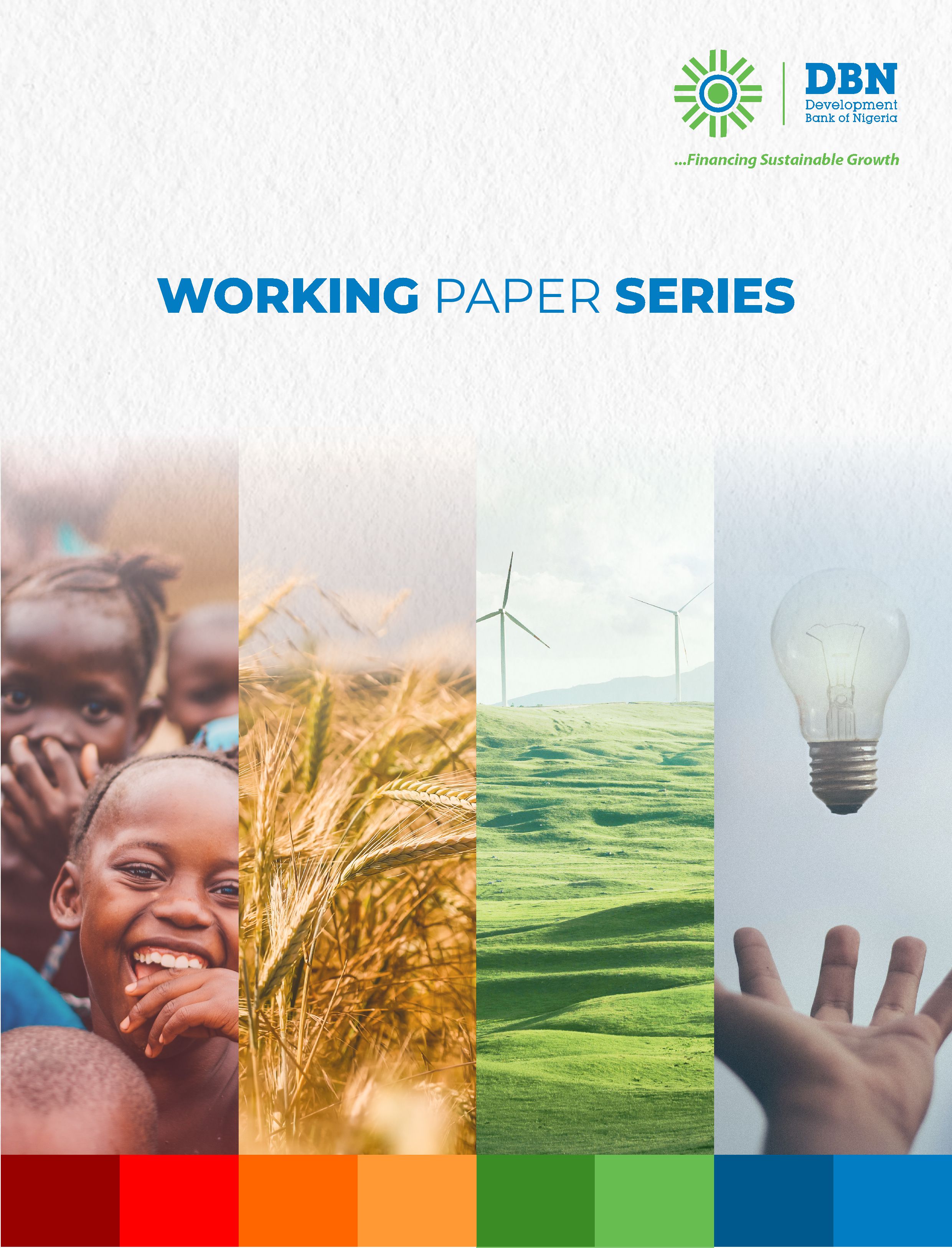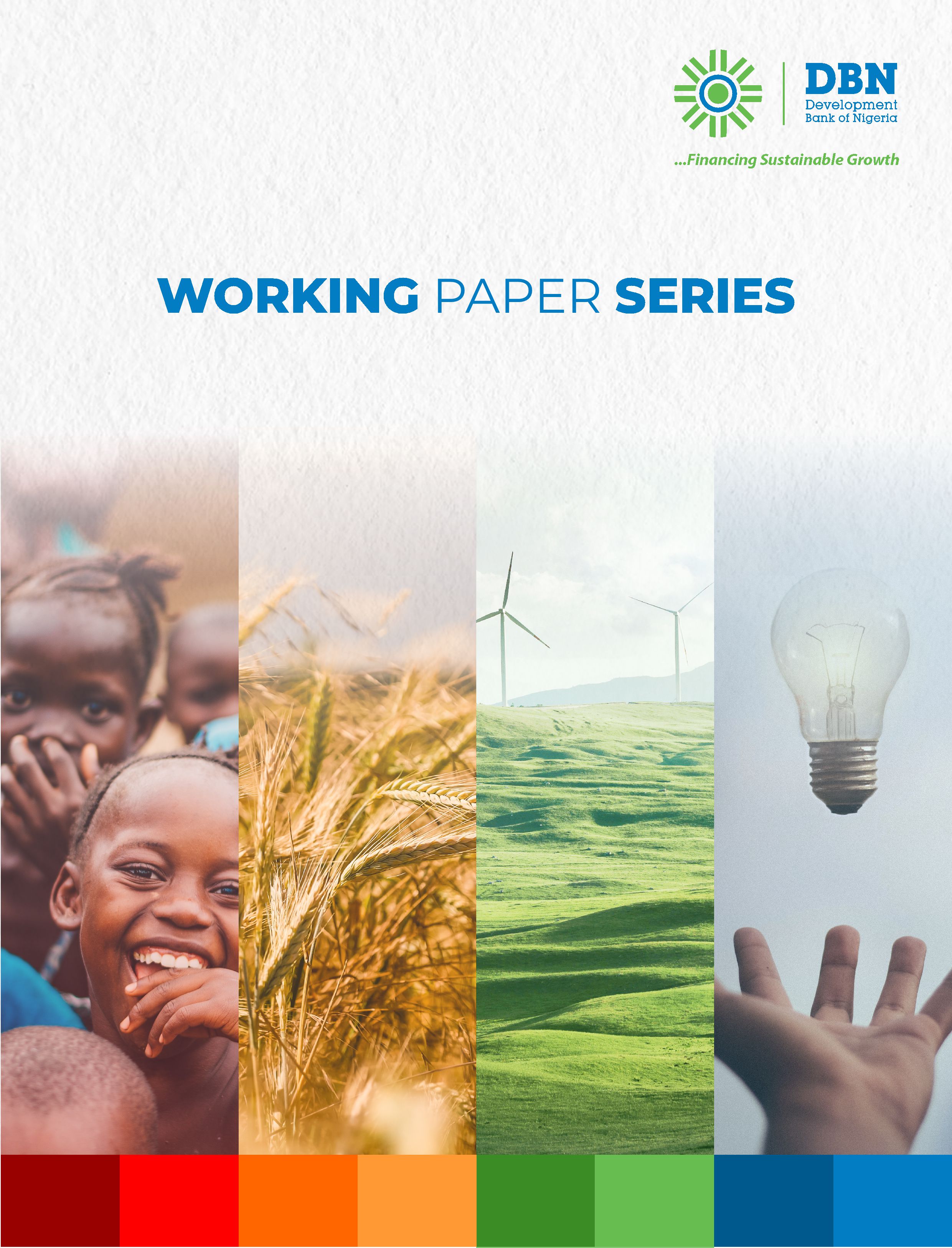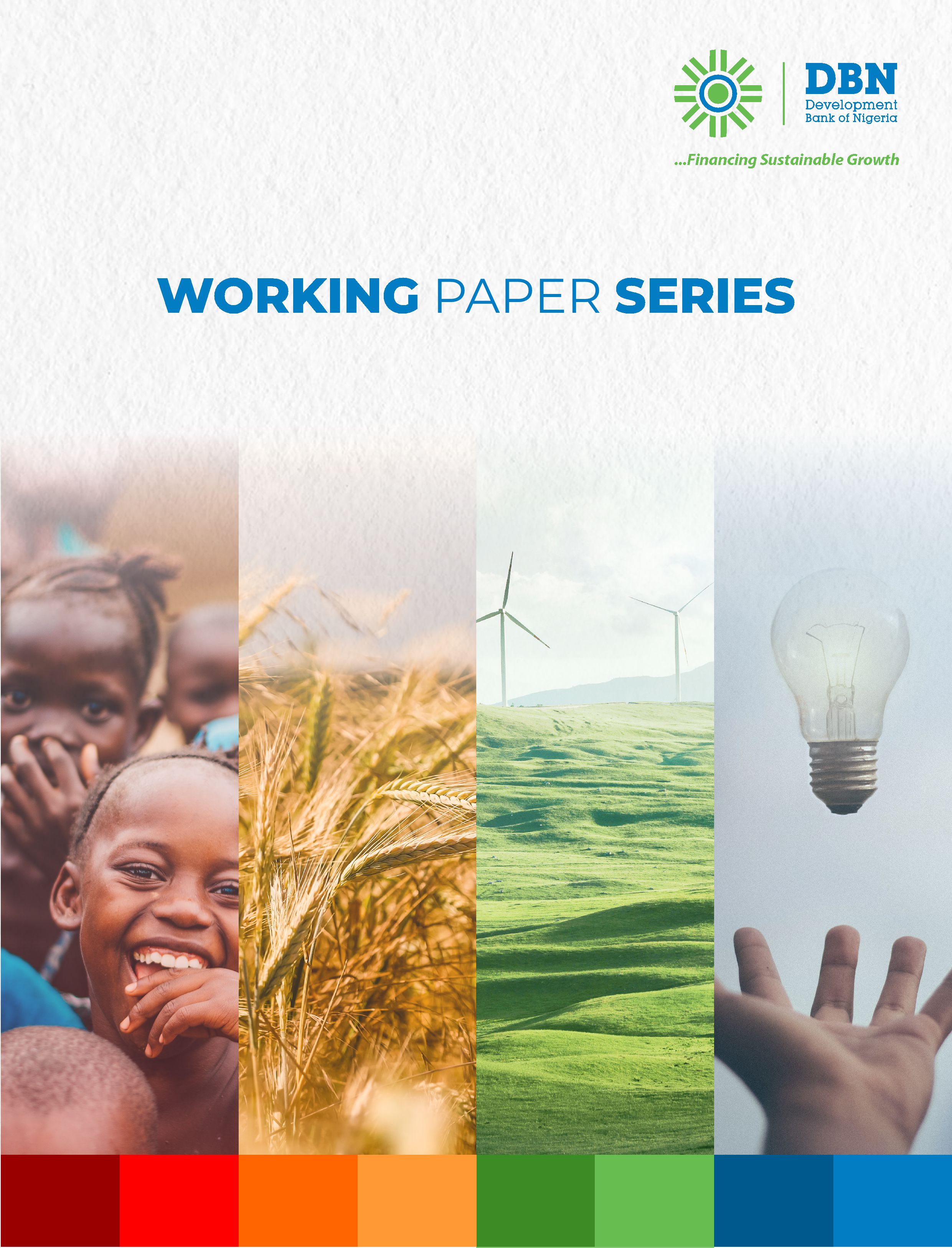
Publication Information
Published by: Admin
Published: 28 days ago
View: 229
Pages: 44
ISBN: 1
Abstract
Amid
rising environmental degradation and resource scarcity, Africa's transition to
a circular economy (CE) faces unique structural and institutional challenges.
This study investigates how sustainable innovation (SI), economic policy
uncertainty (EPU), and competitive market dynamics (CMD) influence CE
development across 32 African countries from 2000 to 2022. Using a multi-method
econometric approach, the study examines both direct and moderating effects,
revealing that CE transitions are highly context-specific and non-uniform
across the continent. The findings show that: (1) SI has a limited or negative
impact on CE: resident patents hinder CE due to weak commercialization and lack
of supportive policy, while scientific journal articles (STJA) have minimal
effect due to poor industry linkages and limited practical application. (2)
EPU, particularly inflation and tax revenue, plays a dual role: inflation
constrains CE unless accompanied by fiscal expansion, while tax revenue
consistently supports CE growth through public investment. (3) CMD, notably
trade openness and unemployment, exhibits regionally diverse effects: trade
openness negatively moderates the SI-CE relationship due to dependency on
imported technologies, while unemployment weakens the impact of STJA,
highlighting a gap between sustainability strategies and inclusive job
creation. Overall, the study concludes that Africa’s CE transition requires
region-specific, institutionally grounded strategies that integrate innovation,
fiscal policy, and inclusive labor reforms. It reinforces the central assumption
that in advancing CE across Africa, one size does not fit all.
Keywords:
Africa; circular economy; competitive market dynamics; economic policy
uncertainty; Sustainable innovation
Related Publications

VOLUME 8 ISSUE 3 2025
Trade shocks and macroeconomic performance in non- UEMOA countries

VOLUME 8 ISSUE 3 2025
Does financial inclusion increase participation in global value chains? Evidence from African countries
